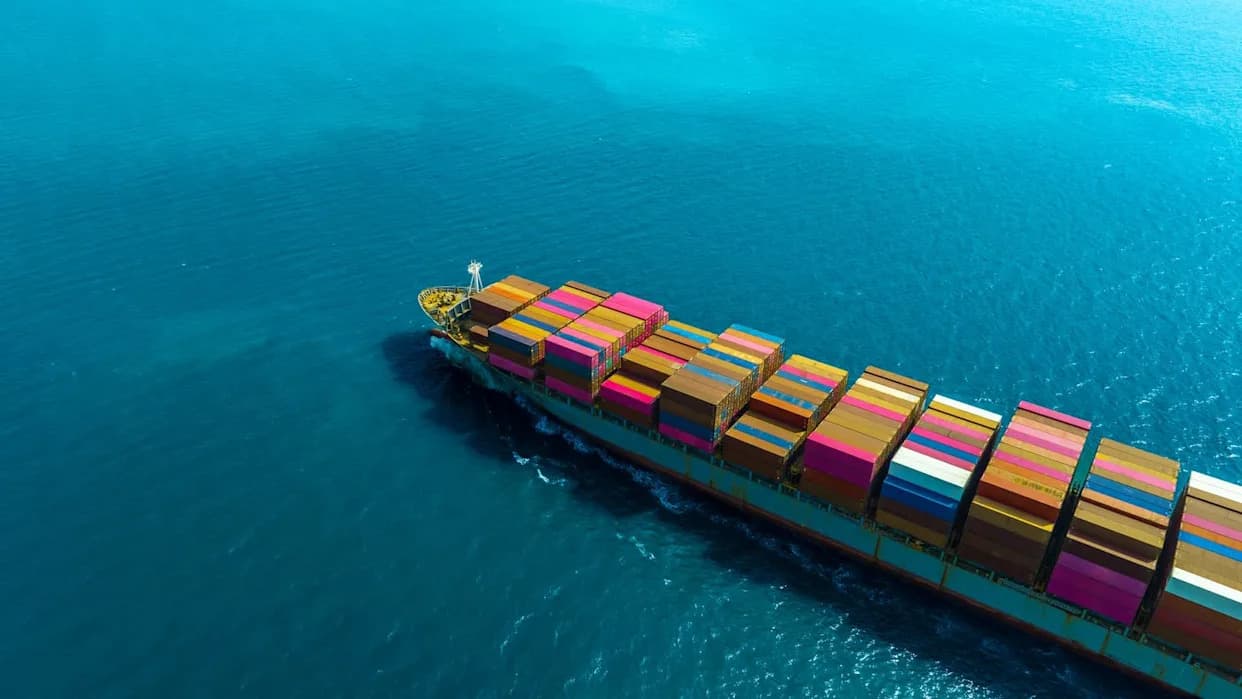Jesse Marquez, founder of the Coalition for a Safe Environment, died Nov. 3 at 74 from complications after being struck by a vehicle in January. He spent decades documenting pollution, organizing neighbors and pressing for policies that produced a roughly $200 million residential buffer, shore-power rules for ships, and a $60 million settlement in the China Shipping case. CFASE’s advocacy helped replace more than 16,000 diesel trucks and contributed to about a 90% drop in port diesel emissions since 2005. His son Alex has taken over leadership as allies credit Marquez with helping elevate Wilmington at the center of the environmental-justice movement.
Jesse Marquez, Tireless Defender of Wilmington’s Air, Dies at 74 — Led Major Wins for Cleaner Ports

Jesse Marquez, 1951–2025
Jesse Marquez, the longtime community organizer who turned Wilmington’s fight against industrial pollution into a powerful environmental-justice movement, died Nov. 3 at age 74. Marquez, founder of the Coalition for a Safe Environment (CFASE), had been hospitalized with complications after being struck by a vehicle in a crosswalk in January.
Marquez made Wilmington impossible to ignore. In 2013 he walked into a Los Angeles Harbor Commission hearing room not with consultants or slides, but with stacks of death certificates — each one naming a Wilmington resident who had died of a respiratory illness. Wedged between the nation’s busiest ports, Wilmington is ringed by oil refineries, chemical plants, railyards and freeways — a community residents long described as a "diesel death zone." For decades Marquez pressed officials to confront the health consequences.
“Before Jesse, there was no playbook,” said Earthjustice attorney Adrian Martinez. “Jesse wasn't afraid to write stuff down, to demand things, to spend lots of time scouring for evidence.”
Practical, persistent and unafraid of technical documents, Marquez knocked on doors, installed air monitors, cataloged oil wells, organized demonstrations, litigated against bad actors and shaped policy. His advocacy helped produce concrete protections and investments for frontline communities:
- Securing a roughly $200 million green-space buffer between homes and port operations during opposition to a TraPac terminal expansion;
- Winning litigation that closed an EPA loophole used by refineries to evade pollution limits;
- Helping push state rules requiring ships to shut down engines and plug into shore power while berthed;
- Playing a central role in the Port of Los Angeles and Port of Long Beach’s Clean Air Action Plan and the Clean Truck Program, which replaced more than 16,000 diesel trucks;
- Negotiating a $60 million settlement in the China Shipping terminal case, which funded local health grants, truck retrofits and created the nation’s first Port Community Advisory Committee;
- Contributing to the creation of the Harbor Community Benefit Foundation and other local health, air-quality and job-training investments. Since 2005, diesel emissions at the Port of Los Angeles have fallen by roughly 90%.
Born Oct. 22, 1951, Marquez grew up in Wilmington. As a teenager he witnessed a refinery explosion that showered his neighborhood with burning crude; he helped his parents lift six younger siblings over a backyard fence as flames and burning oil fell nearby. The incident, and a childhood spent with Fletcher Oil Co.’s smokestacks in view, shaped his lifelong commitment to community health and safety.
At UCLA he connected with activists from the Brown Berets, MEChA and the Black Panther Party and later took part in demonstrations led by Cesar Chavez and Dolores Huerta. After a career in aerospace, Marquez turned to full-time organizing in the 1990s, partnering with groups such as the Natural Resources Defense Council and the Coalition for Clean Air.
Those close to him remembered a man of contrasts: fiercely serious and exacting on the job, then warm, generous and spirited afterward. He loved reggae, dancing, dogs (he jokingly called his lawyers his “legal beagles”), amateur archaeology and collecting maps tracing Indigenous migrations.
Marquez founded CFASE after convening neighbors to discuss port expansion plans and decades of industrial accidents — refinery explosions in 1969, 1984, 1986, 1991, 1992, 1995, 1996 and 2001 — and the pervasive asthma and illness they observed in families across Wilmington. The organization went on to become a leading voice in shaping port policies and securing community investments.
His son Alex Marquez has stepped in to lead CFASE, describing the role as a "crash course" in running a nonprofit: managing finances, maintaining monitoring equipment and rebuilding partnerships. Allies say the movement Marquez helped build has grown into a national and international network for environmental justice.
Marquez is survived by his sons Alex Marquez, Danilo Marquez and Radu Iliescu, and by the many community members and advocates who credit him with helping make Wilmington central to the broader environmental-justice movement.
Originally published in the Los Angeles Times.
Help us improve.




























